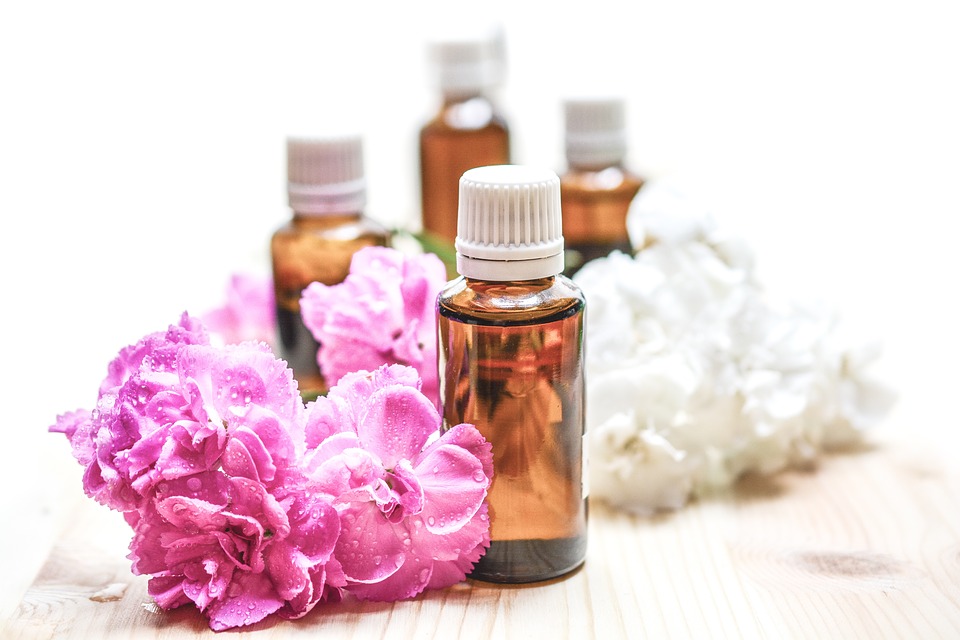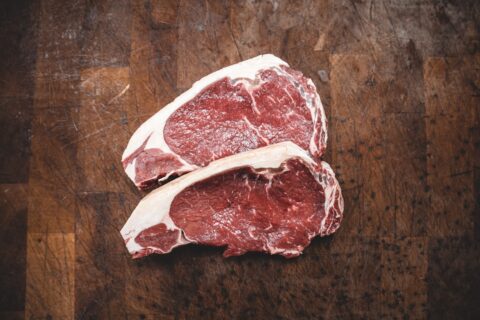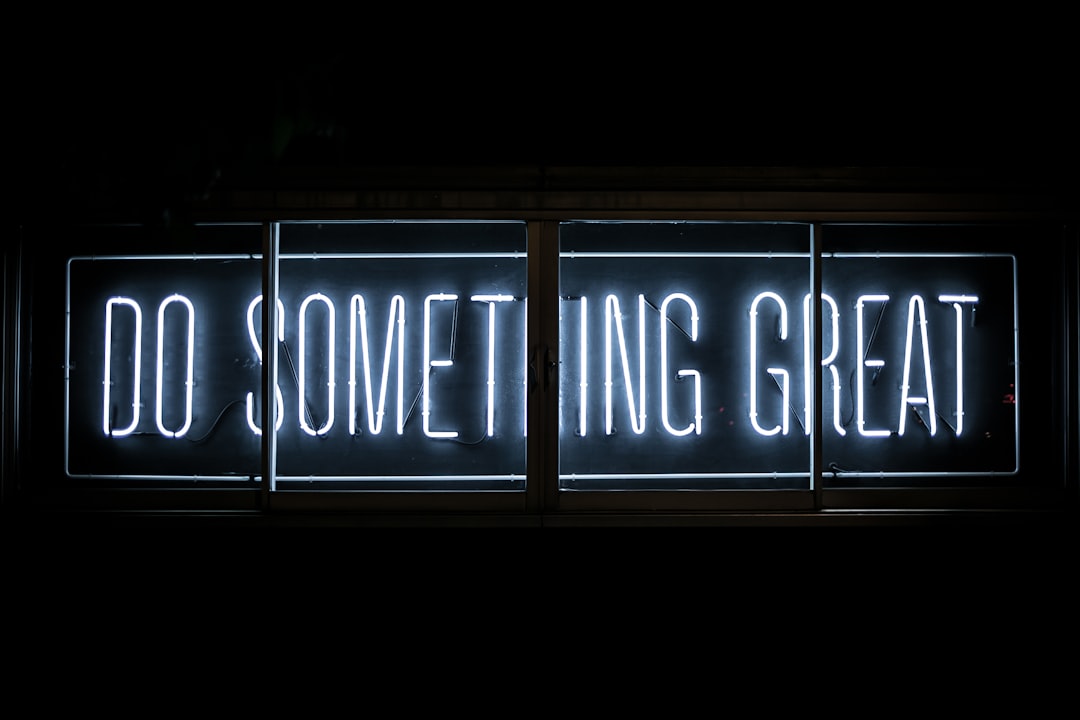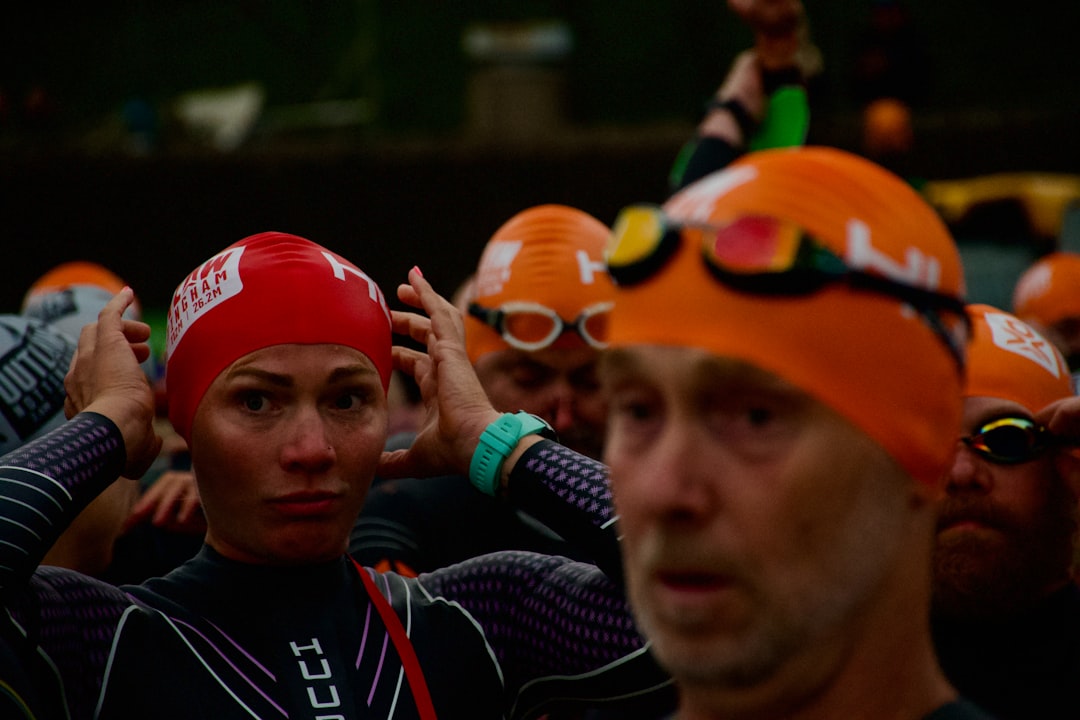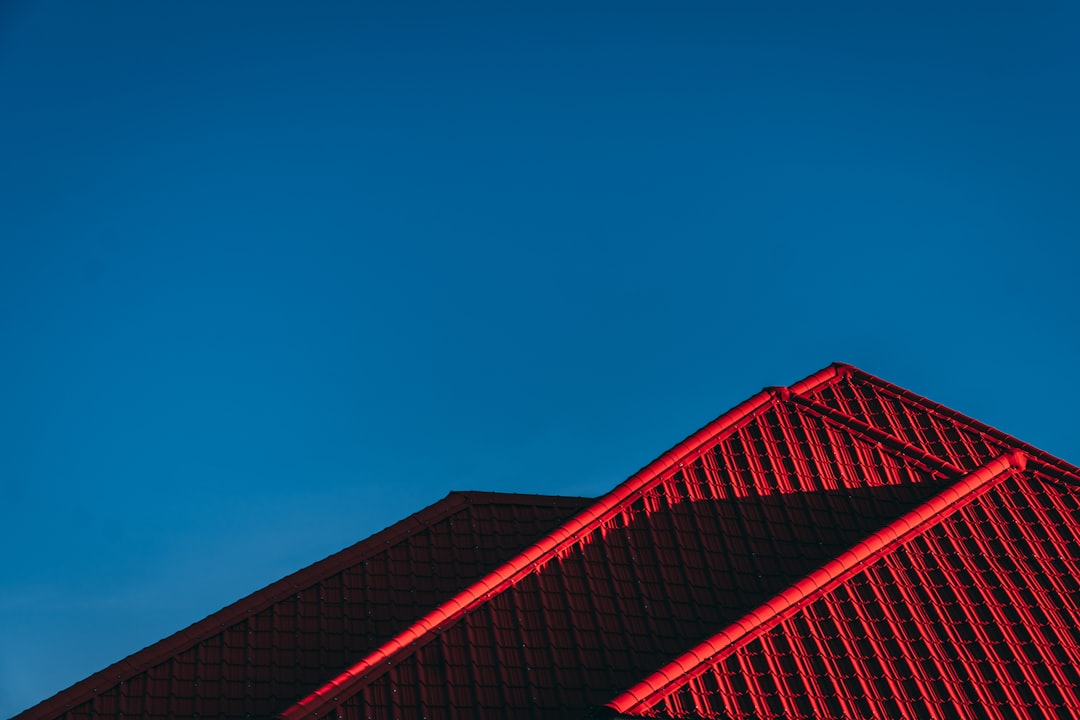Perfume is expensive these days with prices being $50 to $100 and more for some brand names. These are steep prices to pay for scents that aren’t even unique. By making your own Natural Perfumes, you can save a lot of money, and have a range of personal scents that are unique to you.
Step # 1
The basic formula is 15 to 30% essential oil, 70 to 80% pure grain alcohol like vodka, and 5% of bottled or distilled spring water. Essential oils are easily available in health food stores.
Your perfume should be stored in small glass containers or spray bottles available from craft stores. Alternatively, you can stroll through flea markets and thrift stores, where you might find some pretty, vintage perfume bottles.
Step # 2
Play around with the oils until you create a scent that you feel is ideal for you. Start by mixing a ¼ cup of neat vodka with 5 drops of essential oil of your choice. You can let this mixture stand for anything from two days to a month, depending on how strong you want your perfume to be. The longer it stands, the stronger the scent will be.
Step # 3
Once your perfume has stood for the length of time you prefer, add two tablespoons of the distilled water. Add more water if you feel that the scent is too potent for you, and keep adding water until you get the perfume strength that suits you.
Step # 4
Make your perfume last longer by adding a tablespoon of glycerin to the mixture. Glycerin is a thick, colorless, neutral liquid that can be purchased from any stores selling supplies for soap making. When added to the water and alcohol mixture, the glycerin will remain liquid, and help a lot to dissolve the other ingredients better and faster.
When you are ready to start mixing essential oils that create a scent unique to you, remember that the oils have three different notes, namely:
• First base notes – include oils like cinnamon, sandalwood, and vanilla, and stay on your skin the longest
• Second base notes — known as the middle notes, they include oils like geranium, neroli, ylang-ylang, and lemon-grass and improve the scent for some time, but not for as long as the first base notes
• Top notes — as their name implies, these notes top off the perfume. Although they do not last for as long as the first two notes, they do improve the perfume considerably. Essential oils used as top notes include orchard, bergamot, jasmine, lavender, and rose.
The rule of thumb when you make Natural Perfumes with more than one fragrance, is to first add the base note oil, then the middle note oil, and lastly, the top note oil.

